Understanding Lipoid Pneumonia

Maintaining healthy lungs is essential for overall well-being, but recent discussions around the term "lipoid pneumonia" or "lipid pneumonia" have sparked concerns about respiratory health.
What Is Lipoid Pneumonia?
Lipoid pneumonia is a rare condition where fats or oils enter the lungs, leading to inflammation in the respiratory system. This can be alarming because lipids—such as oils, waxes, and fats—are common in everyday life, and it’s natural to wonder how easily they might be inhaled. However, understanding more about this condition can help alleviate concerns and guide you in protecting your lung health.
What Is Pneumonia?
To grasp lipoid pneumonia, it's helpful to first understand pneumonia in general. Pneumonia occurs when the air sacs (alveoli) in the lungs become inflamed, usually due to an infection caused by bacteria, viruses, fungi, or parasites. These infections overwhelm the lungs’ natural defenses, leading to fluid buildup in the alveoli, which makes breathing difficult.
Pneumonia can affect one part of a lung (lobar pneumonia) or multiple areas (bronchopneumonia). Common symptoms include persistent coughing, fever, chills, shortness of breath, and chest pain when breathing deeply or coughing.
How Does Lipoid Pneumonia Develop?
Lipoid pneumonia shares similar inflammatory characteristics with other types of pneumonia, but instead of being caused by infections, it results from the accumulation of lipids in the lungs. These lipids can come from either external sources (exogenous) or internal processes (endogenous).
Exogenous Lipoid Pneumonia
Exogenous lipoid pneumonia occurs when oils or fats from outside the body enter the lungs, often through inhalation or accidental aspiration. This can happen if substances like mineral, plant-based, or animal oils are inhaled through the mouth or nose and travel down the trachea into the lungs. The severity of the inflammation depends on the type and amount of oil inhaled.
Endogenous Lipoid Pneumonia
Endogenous lipoid pneumonia, sometimes referred to as "golden pneumonia" due to the yellowish cholesterol buildup it causes, occurs when lipids from within the body accumulate in the lungs. This form of pneumonia may result from obstructions in the airways, such as tumors, which cause inflammation and prevent the body from properly clearing out the cholesterol buildup.
Final Thoughts on Lipoid Pneumonia
Both forms of lipoid pneumonia are rare, but understanding their causes is crucial for prevention. Endogenous lipoid pneumonia is often linked to internal factors, including chronic lung conditions or lifestyle choices like smoking.
Exogenous lipoid pneumonia can result from various external factors, and recent discussions have explored the potential risks associated with e-cigarette use. While studies are ongoing, the CDC has warned about the possible dangers of e-cigarettes, as the unregulated chemicals they contain may lead to harmful side effects, including lipoid pneumonia.
Safety at MONQ
At MONQ, your safety is our top priority. Our diffusers are crafted with care, using only 80% therapeutic-grade organic vegetable glycerin and 20% pure essential oils, without any harmful additives. Additionally, our diffusers are designed to heat at the lowest possible temperatures to ensure safe and effective use. We recommend gently breathing the diffused air into your mouth and exhaling through your nose, allowing the essential oils to interact with your olfactory system, rather than inhaling them into your lungs.


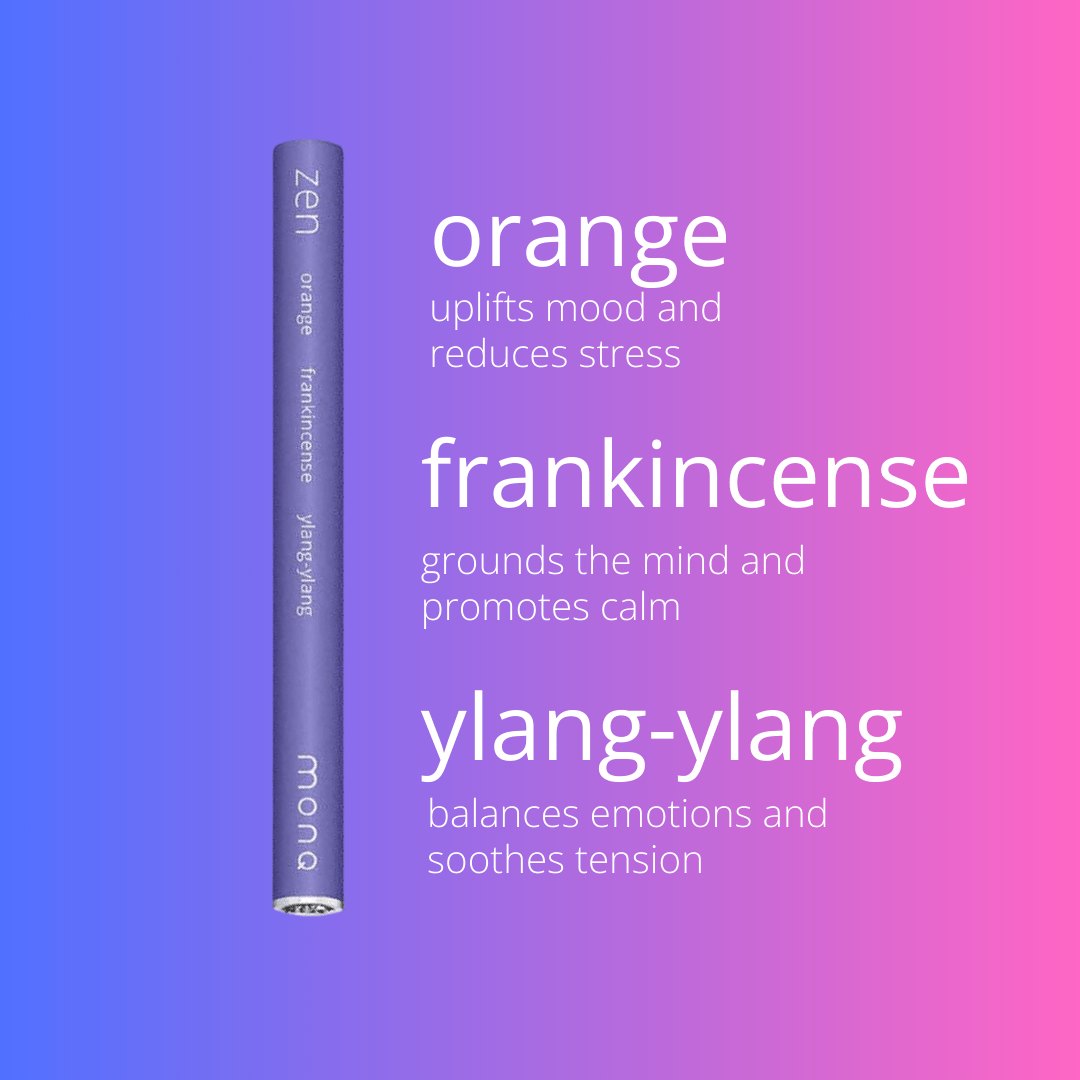
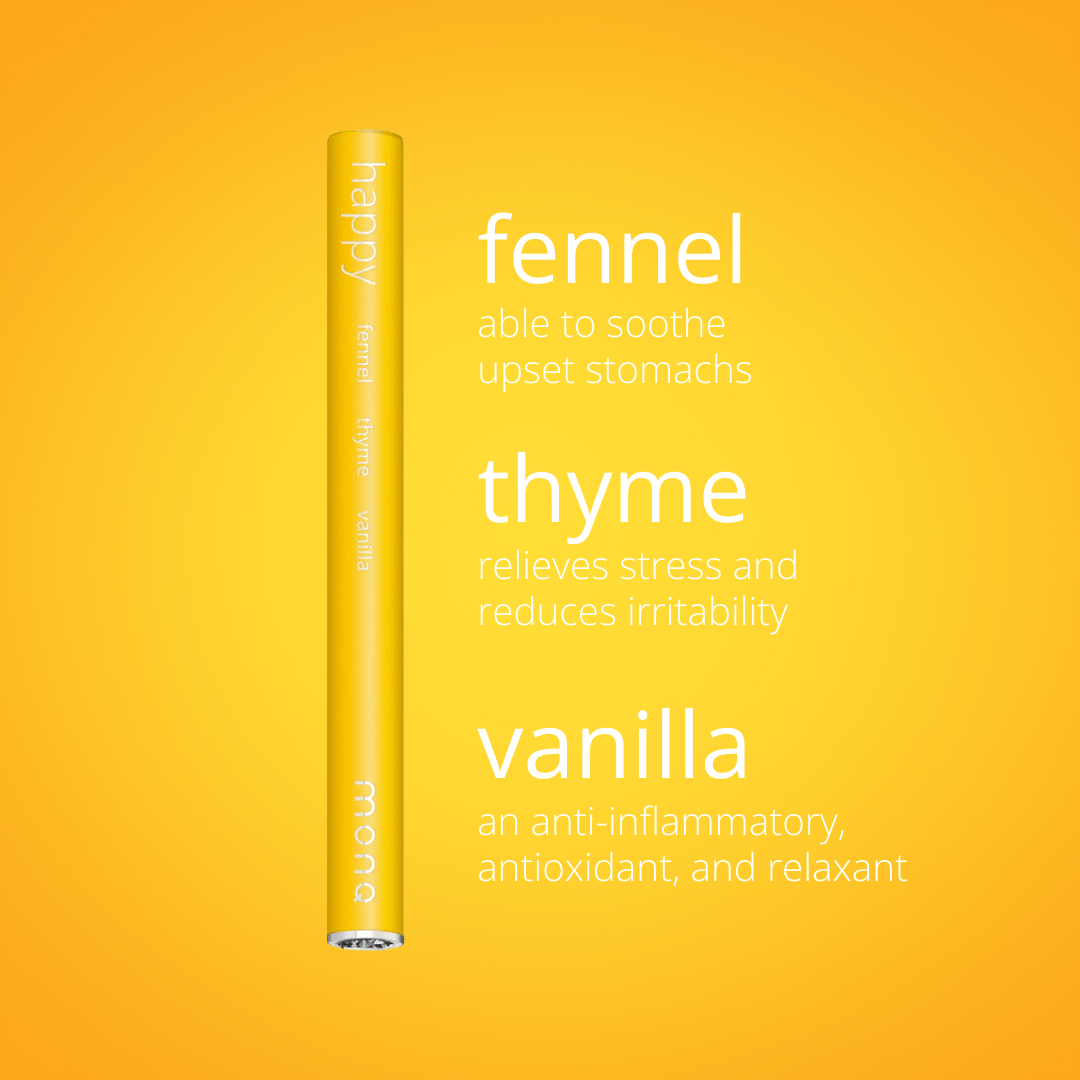
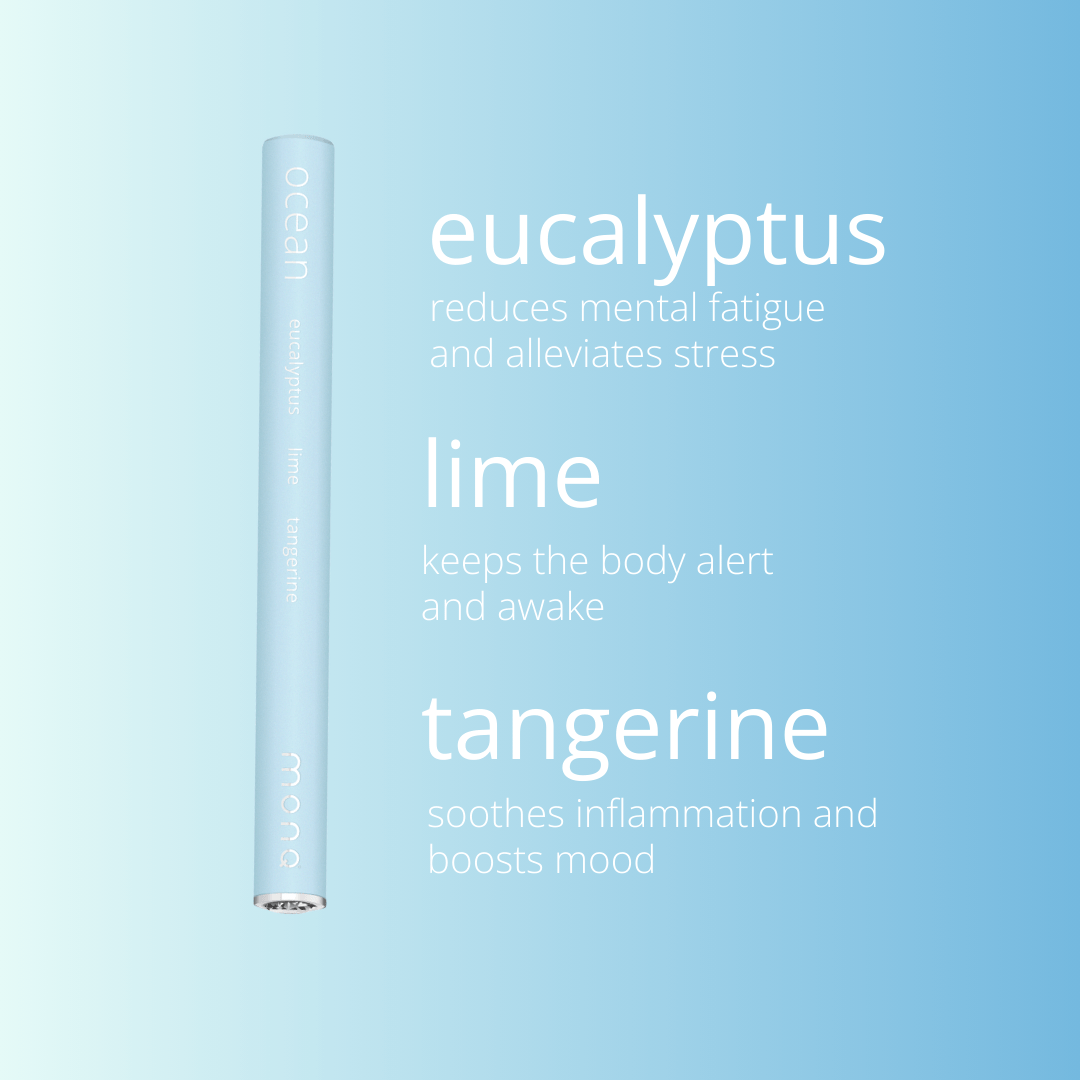
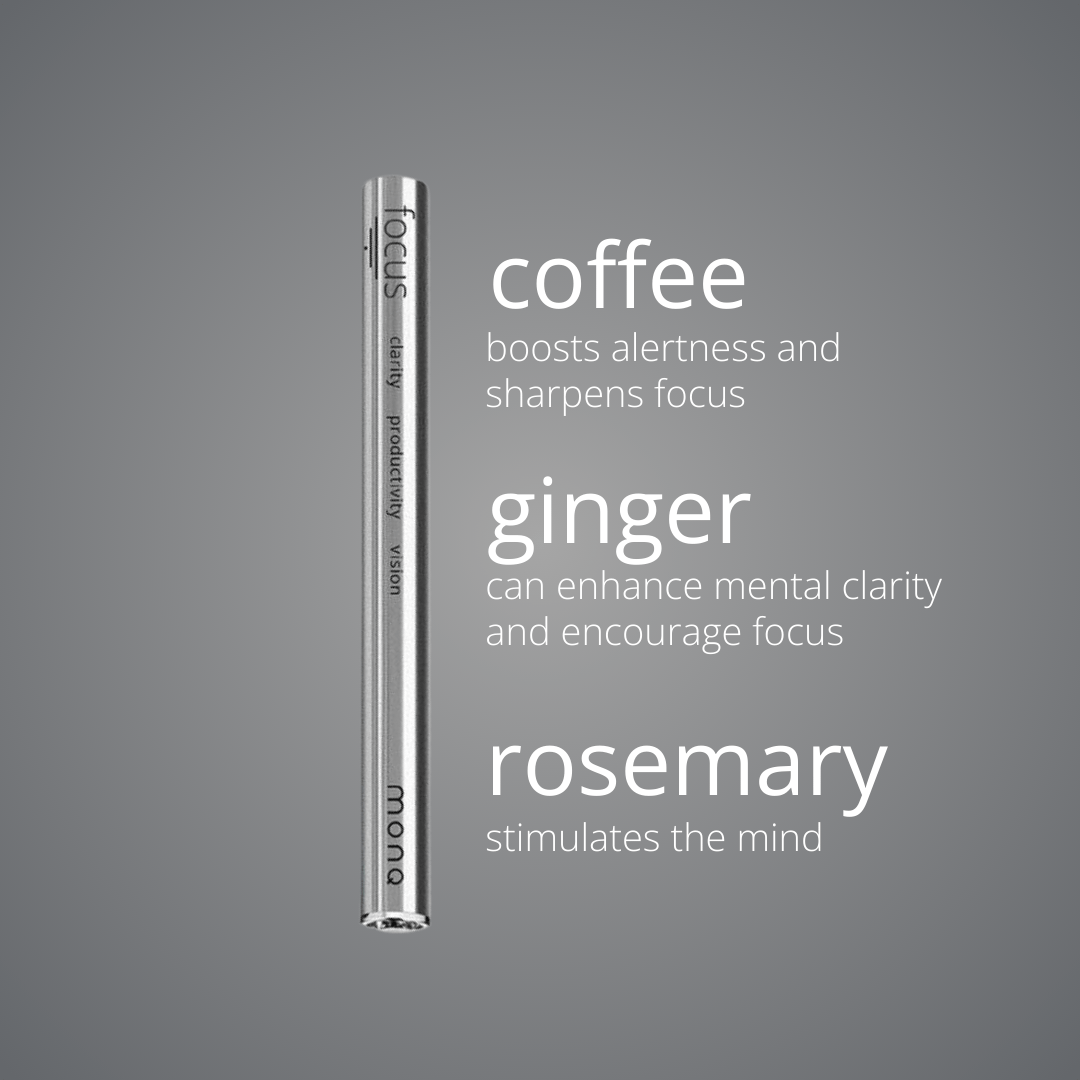
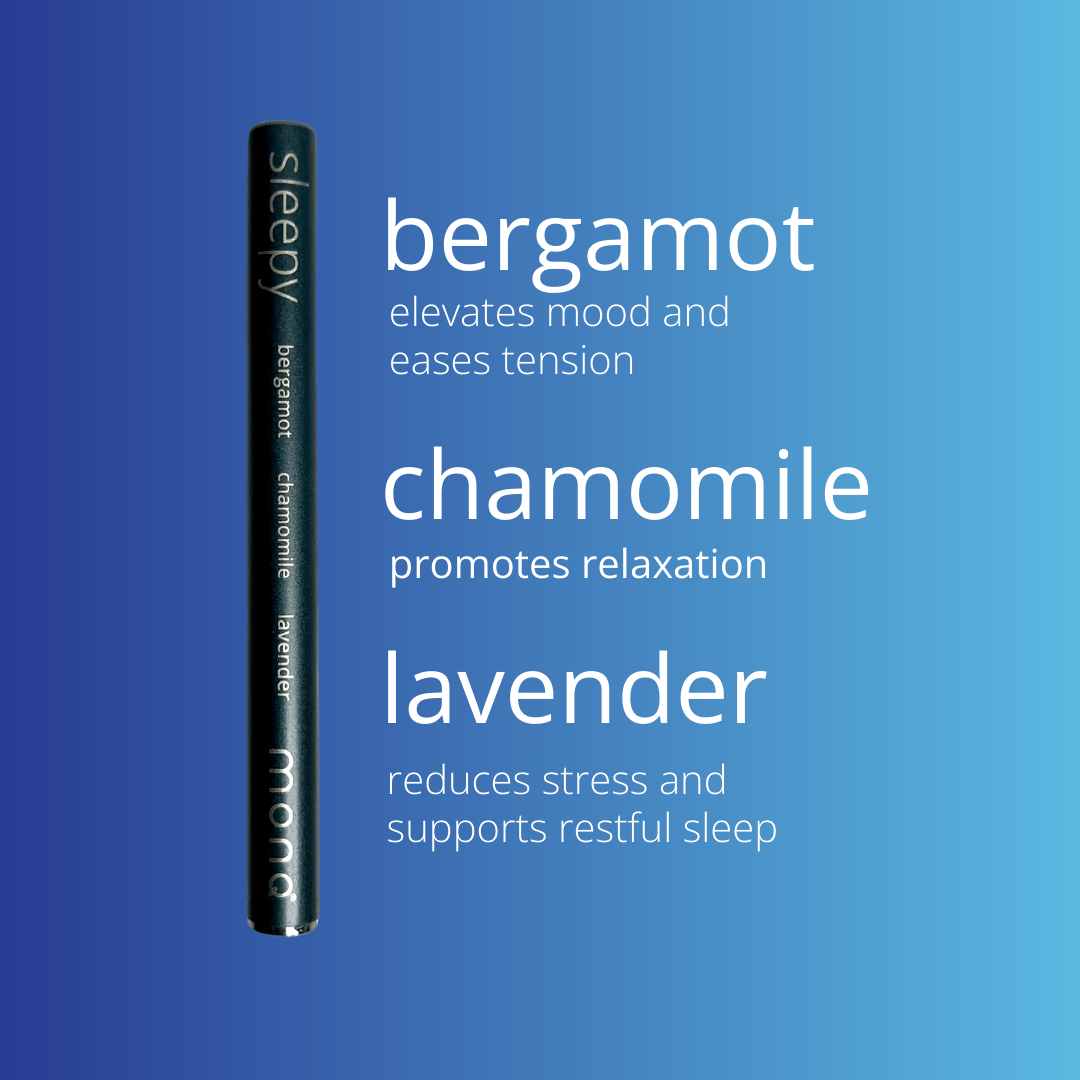

Leave a comment